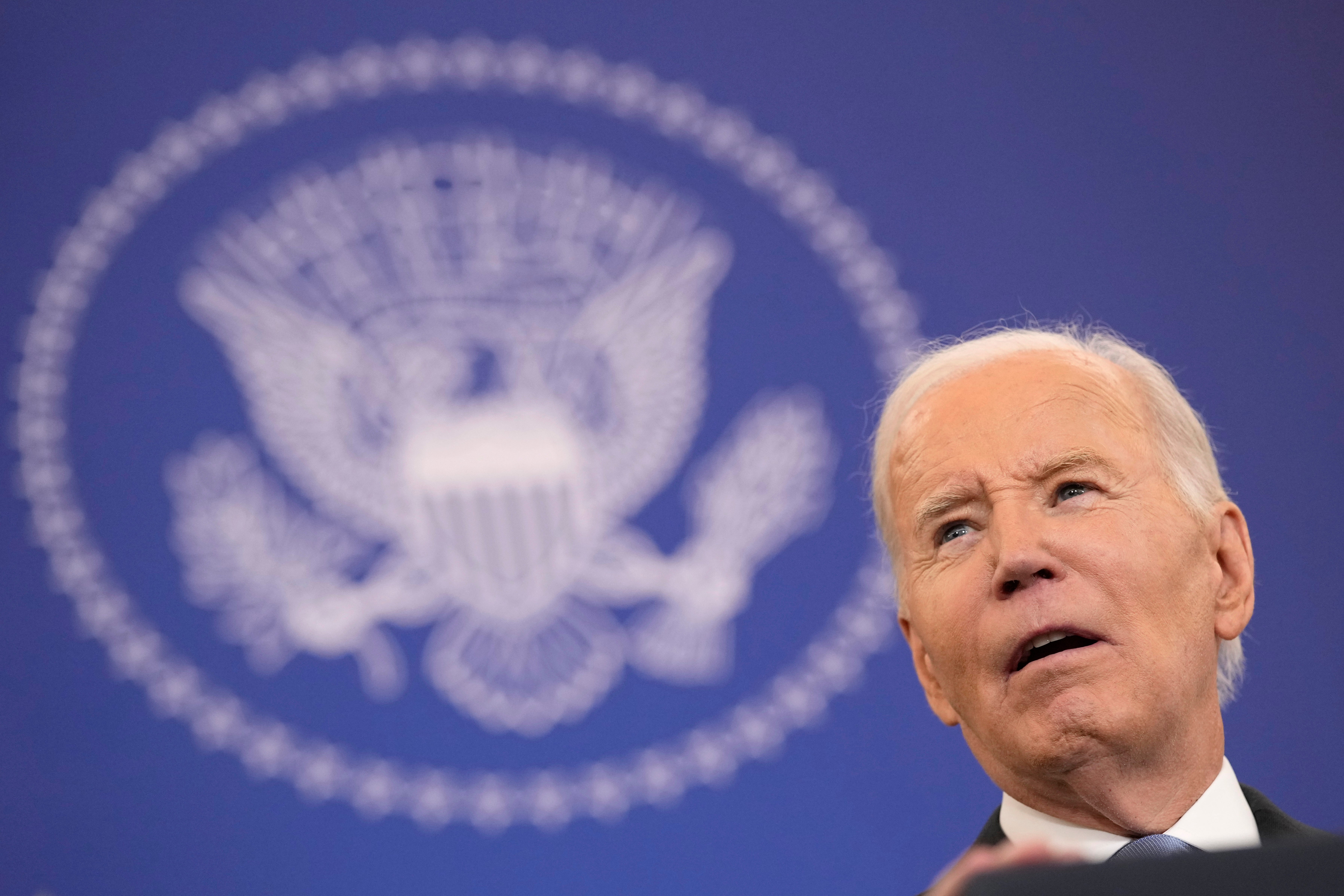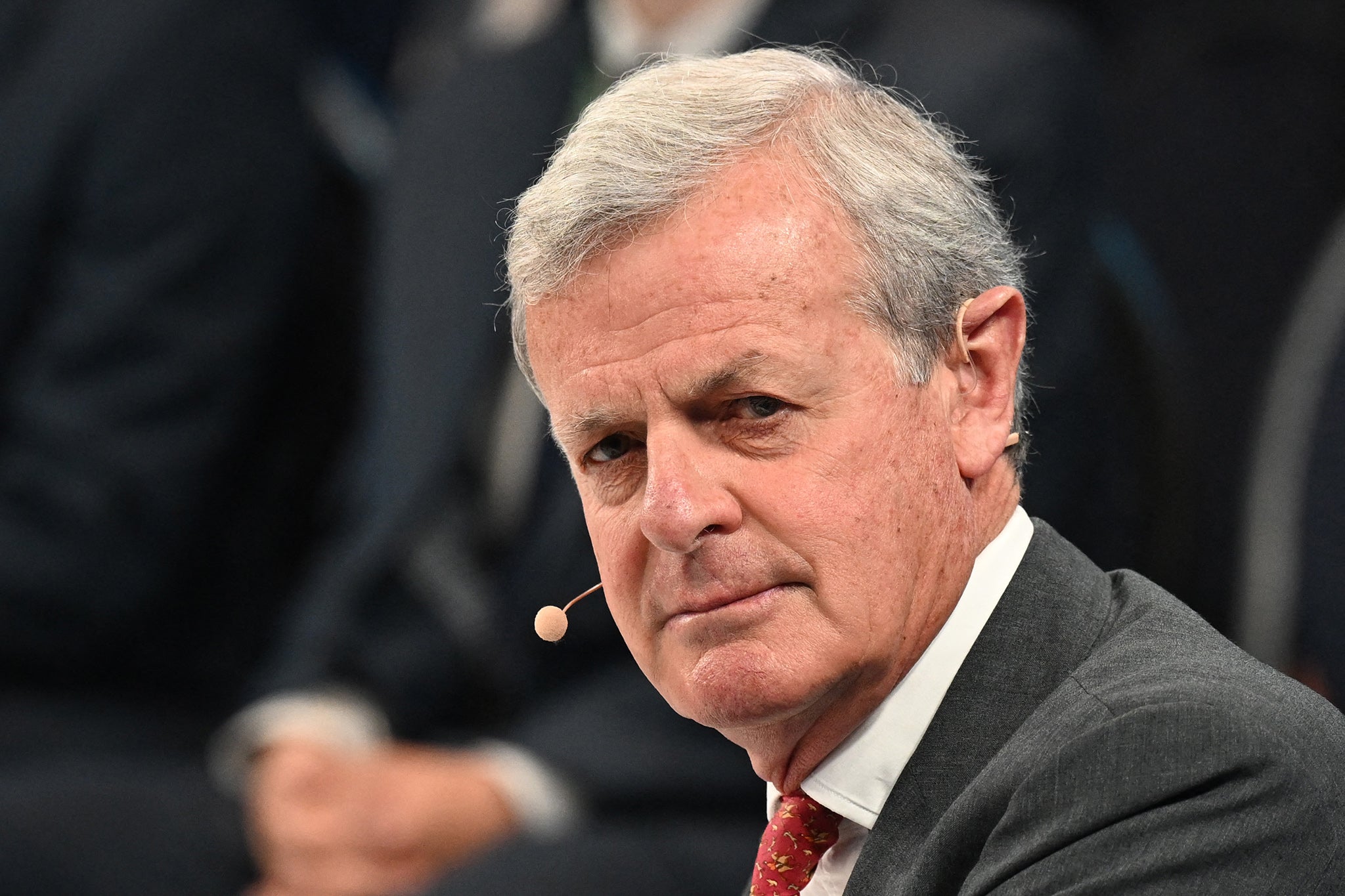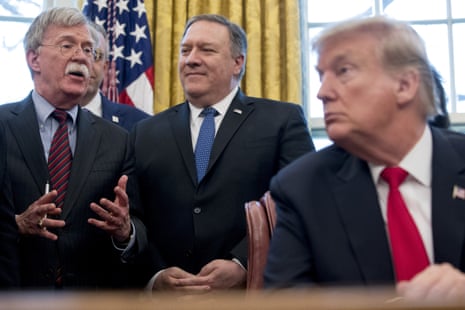Bilderberg Group changes itself for the modern world – and return of Trump
Share:
Once the apex of conspiracy theories, the influential group signals a shift by naming ex-Nato chief as new co-chair. The former head of Nato, Jens Stoltenberg, has been named the new co-chair of the influential Bilderberg Group, which convenes a yearly transatlantic policy conference and has long been the subject of conspiracy theories around the extent of its power to shape global events.
After a turbulent decade at the helm of the alliance’s military, Stoltenberg now takes over at its pre-eminent discussion forum: a fiercely private four-day event frequented by prime minsters, EU commissioners, bank bosses, corporate CEOs and intelligence chiefs.
Stoltenberg’s first Bilderberg was back in 2002, a few years before his second tenure as Norway’s prime minister. His decade as secretary general of Nato saw further visits, and he even gave the keynote speech at the group’s Saturday night banquet in Turin in 2018. His appointment as Bilderberg’s co-chair cements the group’s role at the heart of transatlantic strategy.
In February, Stoltenberg will also take over as chair of the Munich Security Conference, another important defence and diplomacy symposium. With a fellow Bilderberg veteran, the former Dutch prime minister Mark Rutte, replacing Stoltenberg at Nato, it marks a concentration of control at the top of the Atlantic alliance at a critical time.
Stoltenberg’s tenure at Nato was dominated by the Russia-Ukraine conflict, which had begun in earnest not long before he took office in 2014. Stoltenberg oversaw what he recently described as “the largest reinforcement of our collective defence in a generation”, noting proudly that “defence spending is on an upward trajectory across the alliance”.






















